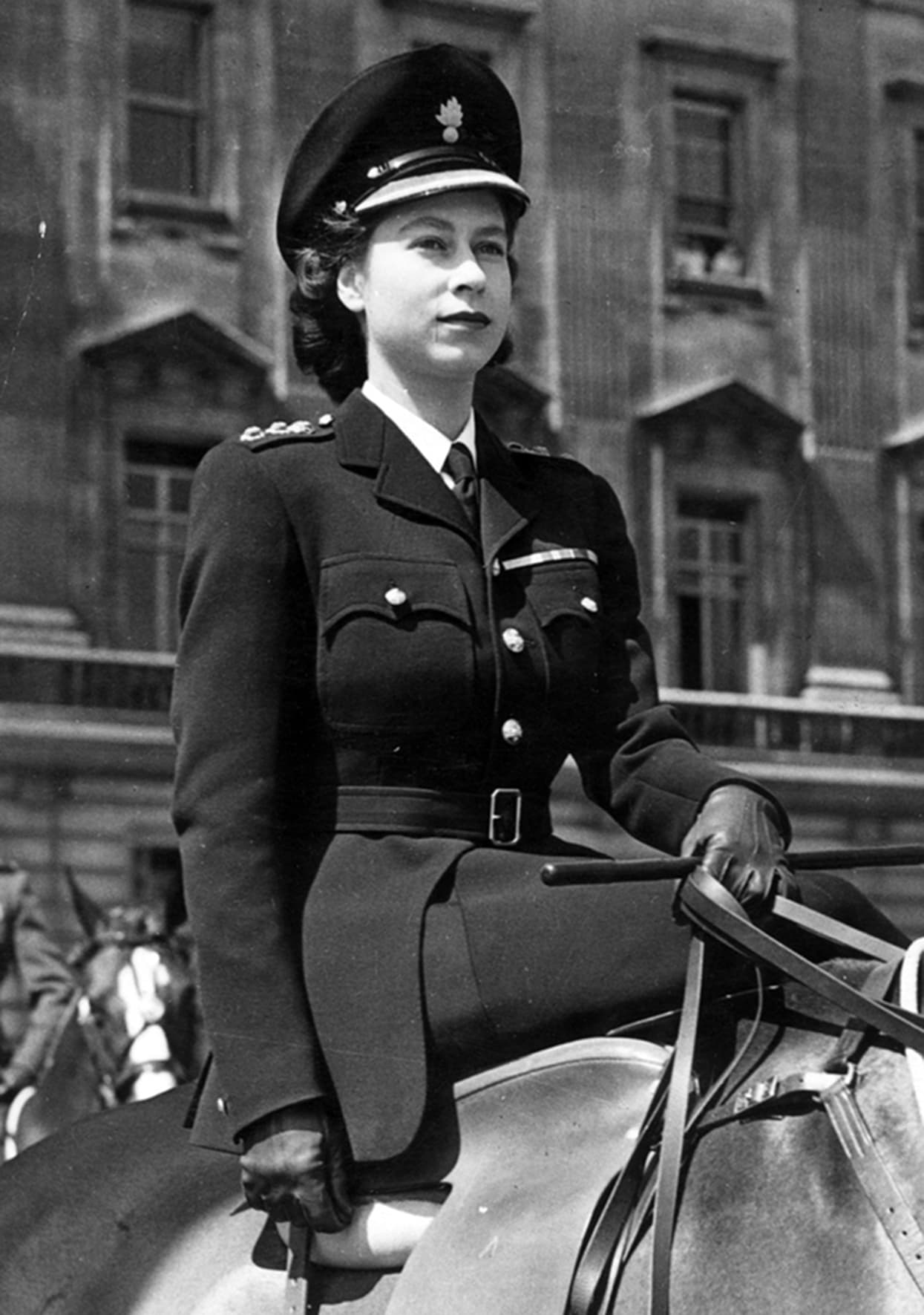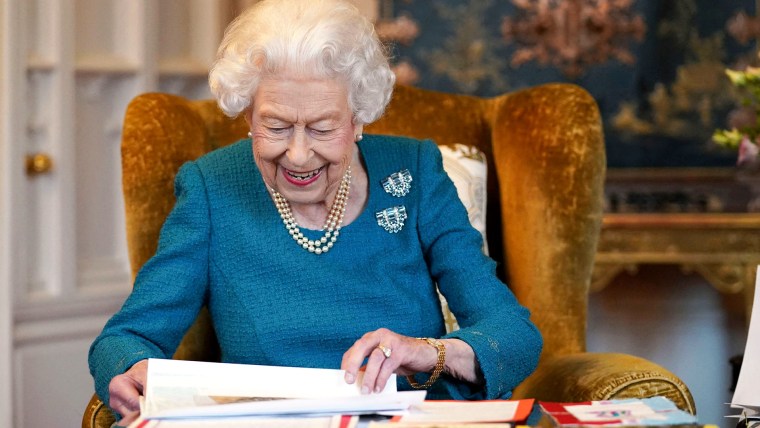On Feb. 6, Queen Elizabeth II will become the first British monarch to celebrate a Platinum Jubilee, or 70 years on the throne. Plenty of pundits will praise the queen for her perseverance, her commitment to public service and her ability to stay above the fray.
The queen should also get credit for the work that she has done as a woman — and on behalf of other women too.
One only has to return to the first years of Elizabeth’s reign, in the 1950s, to see what she was up against — and overcame.
It’s easy to forget the challenges the queen has had to contend with on the gender front. She has lived through more crises than most remember, yet projects a steely imperturbability. “Never complain, never explain” has seemingly been her guiding mantra. Other royal women, namely Princess Diana and Meghan, Duchess of Sussex, have spoken out on sexism and misogyny, but the matriarch rarely weighs in.
The queen’s silence on such matters, however, conceals a rather more fraught history. One only has to return to the first years of Elizabeth’s reign, in the 1950s, to see what she was up against — and overcame. To do so is to discover just how much Elizabeth contributed, albeit indirectly, to conversations about women and gender, and how much her reign unsettled, especially in its early stages.
When Elizabeth took the throne in 1952, she was treated as a curiosity. Against a postwar backdrop, with women being urged to forsake careers and return to the home, here was a 25-year-old wife and mother of two assuming one of the most prominent, if not most powerful, positions in the land.
To get a sense of prevailing attitudes, one need only recall the relief expressed at the birth of Prince Charles, in 1948. According to biographer Sally Bedell Smith, one physician attending the birth said he had “never been so pleased to see a male organ in all his life.”
Elizabeth’s reign also introduced an unusual dynamic between husband and wife. And women, in Britain and beyond, took notice. The prospect of Elizabeth serving as head of state — with her husband Philip in a supporting role — produced a frisson of excitement for women on both sides of the Atlantic.
A psychoanalyst in 1953 cut right to the chase: “For the first time in our history the women of America have found a heroine who makes them feel superior to men.” This view was supported by another “lady analyst,” who observed that “in the royal household, Philip takes orders from Elizabeth. At the Coronation ceremonies he will have the honor of being the first to kneel at his wife’s feet and swear to be faithful and true. What wife doesn’t secretly wish she had the same authority?”
That Elizabeth assumed the throne as a parent also generated widespread interest. None other than the future prime minister Margaret Thatcher (then but a young, ambitious and recently married barrister, soon to become pregnant with twins) wrote an opinion piece in 1952 titled “Wake Up, Women,” which called attention to the queen’s impressive balancing act. Elizabeth’s reign, Thatcher predicted, would “remove the last shreds of prejudice against women aspiring to the highest places.” The new Elizabethan age, Thatcher elaborated, would be marked by “more and more women combining marriage and a career.”
Revisiting these early scenes is a reminder of how much sexism Elizabeth has had to combat – and how much she invented her role as she lived it. (While the queen could look to Victoria, the 19th-century sovereign who raised nine children, for some clues as to how to get the job done, the 1840s and 1950s offered a very different context.) As biographer Bedell Smith observes, “As a career woman, Elizabeth II has been an anomaly both in her generation and in the British upper class. She had no model for balancing the roles of monarch, wife and mother.”
To be sure, there have been missteps along the way. One wonders if the queen hasn’t overcorrected at times so as not to be seen as overly consumed by the demands of her family. (Case in point, Elizabeth’s reluctance to engage in public displays of affection with her children when they were young.)
And some of the queen’s more recent struggles — her perceived aloofness following the death of Princess Diana, her attempts to handle privately the charges of royal racism issued by Harry and Meghan, her hesitancy to weigh in on the sexual abuse lawsuit against Prince Andrew — may stem from her desire for compartmentalization. But this is perhaps the price Elizabeth feels she needs to pay in order to serve as sovereign in what remains in certain respects a man’s world.
More often than not, though, the queen has set a powerful female example, less through her words than through her deeds. She has demonstrated the ability to play many roles, if not always easily than at least unapologetically — to be a wife and a public servant, a mother and a policy expert, a grandmother and a diplomat, a widow and a head of state.
This refusal to cede ground — to keep calm and carry on throughout the female life cycle — illuminates one of the paradoxes of Elizabeth’s long reign. For all of its seeming commitment to tradition, hers is a rule that at its core defies many conventions.
Source: | This article originally belongs to Nbcnews.com











